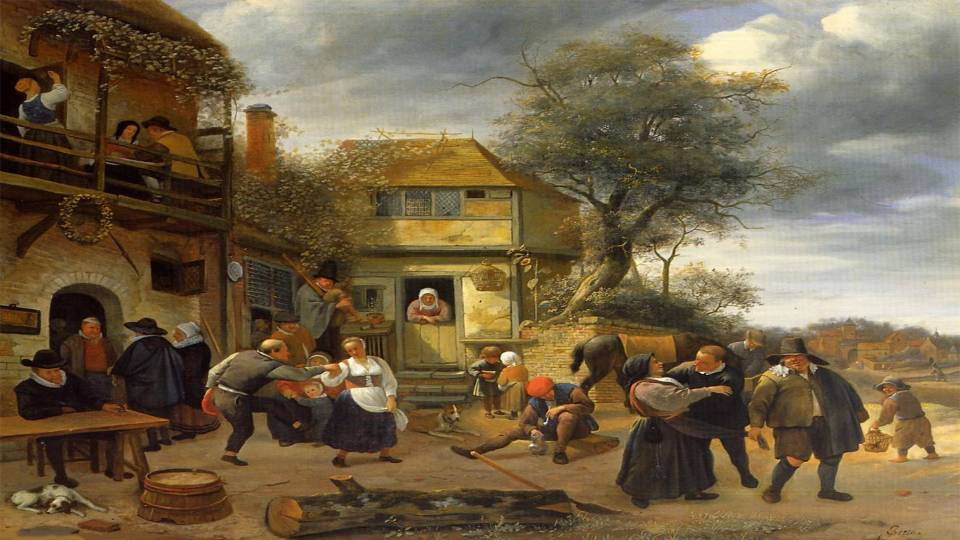Imagined Objections: Deconstructing Anti-Nationalism in Benedict Anderson’s Imagined Communities
Donald Thoresen, Counter-Currents, 18 January 2018
Benedict Anderson, Imagined Communities: Reflections on the Origin and Spread of Nationalism, Rev. ed., New York: Verso, 2006
After the Second World War, a large portion of the academic class went into overdrive dissecting and pathologizing the ideas and forces, both actual and concocted, which served as the foundations for nationalism. In the ensuing decades-long quest to delegitimize nationalism, mediocre thinkers have been pushed into positions of prominence due to little more than their ability to say the correct (i.e. anti-nationalist) things in seemingly intelligent ways. Banal, even childish and stupid ideas, when worded professionally or cloaked in jargon have received praise, and the advocates of such ideas have been propagated as serious and important thinkers.
Perhaps none has managed to remain as continuously lauded or as likely to end up on university syllabi in recent decades as Benedict Anderson. His highly influential book, Imagined Communities, will have been encountered by anyone who has studied history formally in the past twenty years or so. And, for nationalists, it does not take long to figure out why. The clue is in the title itself: national communities are imagined, formed at the intersection of language, technology, and economics with no basis in primordial identity or legitimate group affiliation; nationalism itself then is an ideology without actual substance, a set of myths which arise — or are designed — to replace dead gods and kings. Nationalists, to Benedict Anderson, are simply extraordinarily committed devotees of particular works of fiction. Behind his arguments is the notion that they are ultimately either dupes of various elites or victims of material forces beyond their control with no understanding of either real history or themselves.
The relationship between nationalism and the academy is fairly simple: nationalist movements which can be characterized as Left-wing or classical liberal tend to be treated relatively sympathetically while those which can be characterized as Right-wing are almost without exception treated harshly; it is important, however, to make clear that all nationalisms are generally regarded as problematic. Though there can be no doubt that racial nationalism is the greatest political sin among academics and that at the core of anti-nationalism (certainly in the post-war era) is Jewish fear of white self-determination, these sentiments have morphed into critiques of nationalist movements across the globe and among diverse peoples: no group that desires any kind of organic homogeneity within a clearly defined territory is safe from anti-nationalists.
It is tempting, especially when one is first introduced to works such as Imagined Communities, to assume that when these types of arguments seem to be weak or certain ideas seem bizarre that it is your fault, that you are failing to grasp some deeper meaning, that you must be missing some crucial bit of knowledge which would illuminate the author’s points. Sometimes, of course, this is the case. But often the work itself is simply garbage and is either being pushed by those with a political or cultural agenda or by mediocre minds who never bothered to question it themselves. Let us now investigate Imagined Communities, being sure to take the author at his word, to not “retcon” his arguments or redefine words such as “imagined” so that his work appears more sophisticated than it is in actuality.
Read the entire book review at Counter-Currents.






















